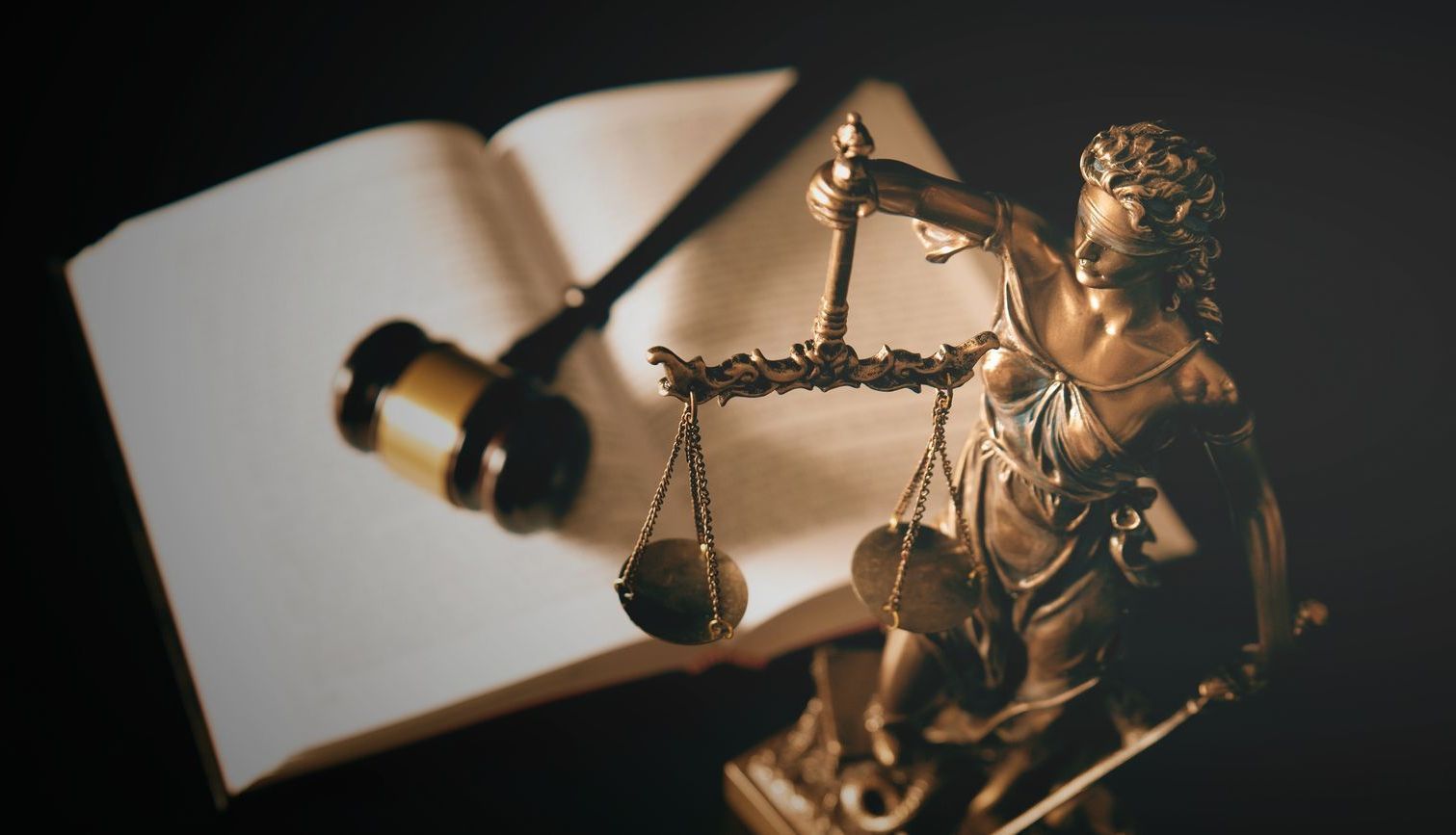Civil Rights in Crowley & lafayette, LA
LeJeune & Associates, Civil Rights Attorneys in Louisiana
If you believe your civil rights have been violated in or around Crowley and Lafayette, LA, or in any neighboring communities, contact the office of LeJeune & Associates. We will listen to your story, investigate your situation, and advise you of your legal options. Our attorneys will help you exercise your rights to seek relief under federal and state law. Set up a consultation with our team today.

Section 1983 Actions
Section 1983 of the Civil Rights Act allows individuals to file lawsuits against government officials - Such as police officers or public employees - Who violate and individual's constitutional rights while acting under the authority of law. Common claims include excessive force, wrongful arrest, or denial of due process.
If your rights have been violated by someone in a position of government power, you may be entitled to compensation under this important federal law.
Violations of 1983
- Wrongful Arrest
- Illegal Search and Seizure
- Police Brutality
- Police Misconduct
- Jail Abuse
Our attorneys at Lejeune & Associates are dedicated to seeking justice for victims of 1983 violations in Crowley, Lafayette, and surrounding areas of Louisiana. Call our office to schedule your appointment today at (337) 788-1505.
